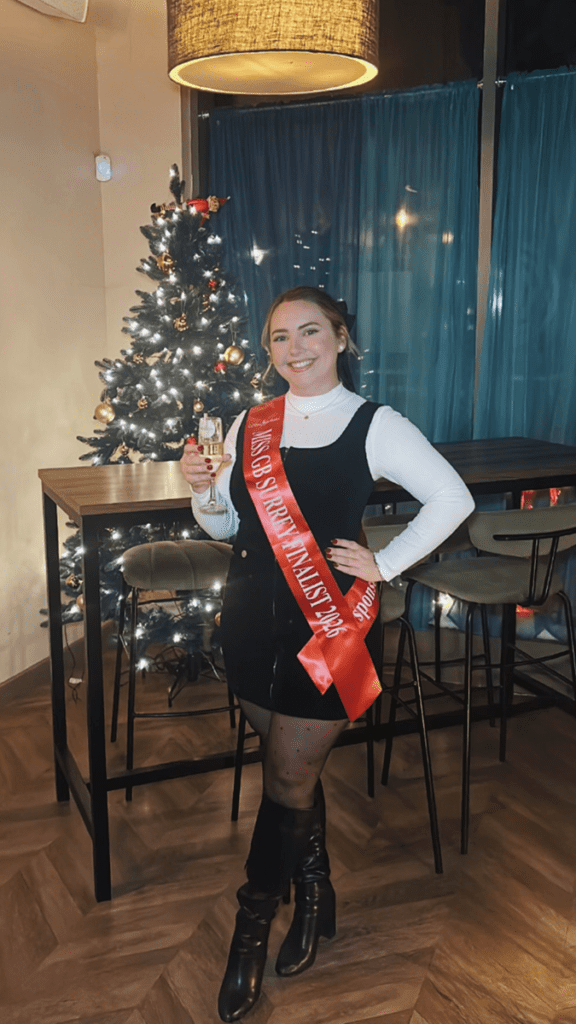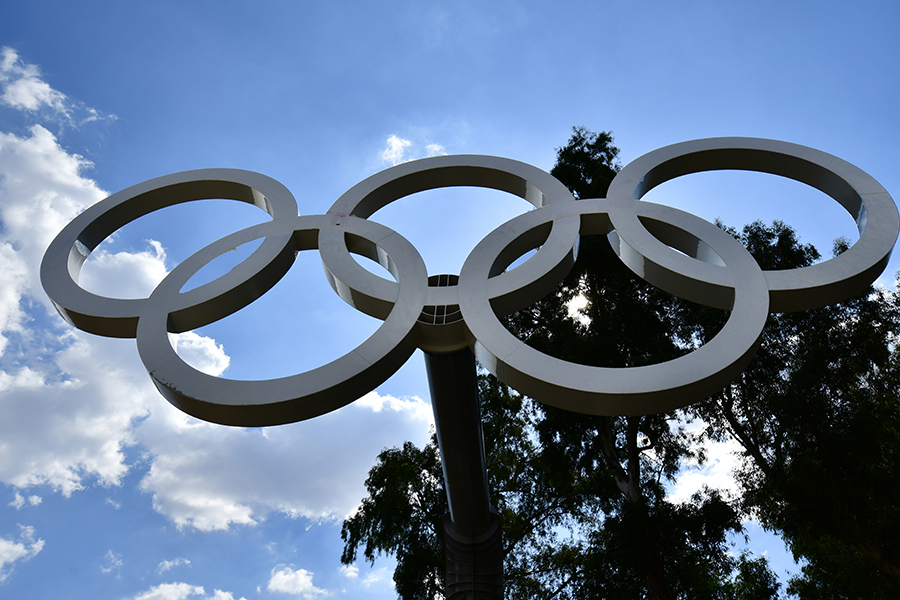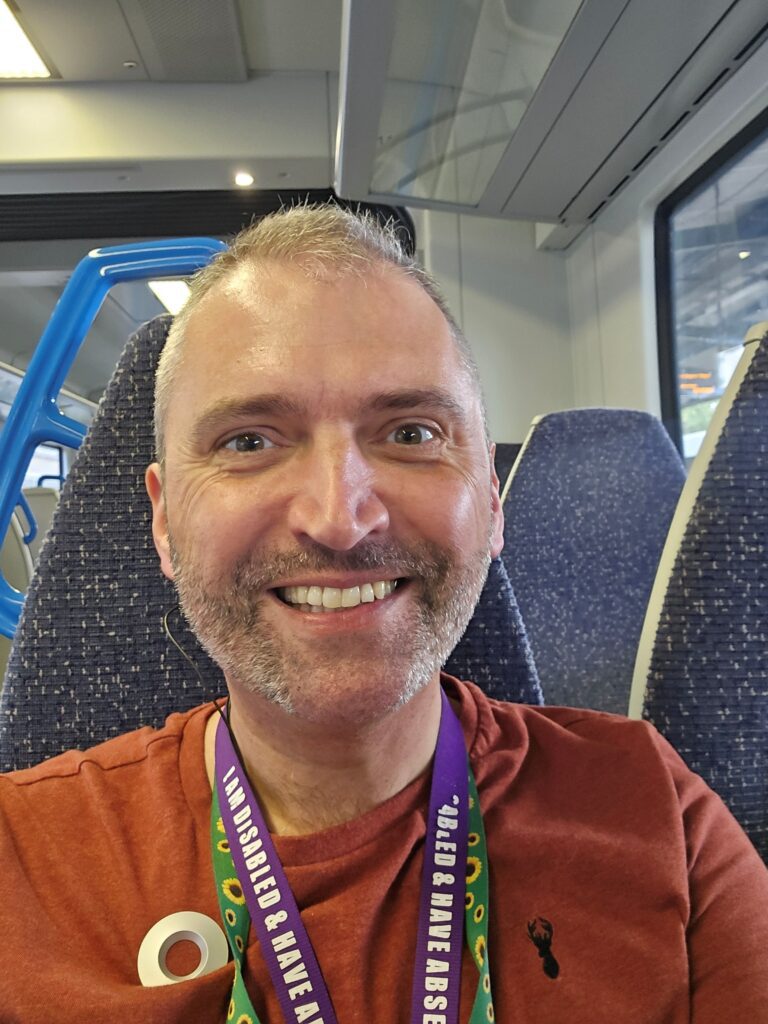 A promising new medication, zorevunersen, is being trialled for Dravet syndrome across the UK and the US. Recent news reports have highlighted the positive effect the trial has had on two children from Sheffield Children’s Hospital.
A promising new medication, zorevunersen, is being trialled for Dravet syndrome across the UK and the US. Recent news reports have highlighted the positive effect the trial has had on two children from Sheffield Children’s Hospital.
The medication is still in its trial stages and is expected to take several years to become more widely available across the UK. Here’s what we know about the medication so far:
- The medication is manufactured by Stoke Therapeutics.
- Zorevunersen has completed Phase 1 and 2 trials in the UK and the US for use in Dravet syndrome in children aged between two and 17 years.
- In the UK study, 19 children took part from Sheffield Children’s Hospital, The Royal Hospital for Children, Great Ormond Street Hospital for Children and Evelina Children’s Hospital.
- The results of this study are expected to be published in a medical journal around the beginning of 2026.
- A Phase 3 study is intended to begin in the summer of 2025, looking at how effective, safe and well tolerated the medication is.
- This novel medication works by increasing the protein SCN1A. In Dravet syndrome, the SCN1A gene, which produces this protein, is faulty and doesn’t produce as much of the protein as in people without Dravet syndrome.
Two children from Sheffield Children’s Hospital, who took part in the trial, have reportedly had ‘life-changing’ results from the medication.
Freddie and Albie, both 7, have Dravet syndrome and took part in the trial. Freddie started taking the medication in 2021 and went from more than a dozen seizures in the night to one or two brief seizures, lasting only seconds, every three to five days.
Freddie’s mum Lauren said the trial has “completely changed” the family’s lives and given them a life they didn’t think would be possible.
Albie took part in the trial in 2022. His seizures have reduced dramatically as well since starting. His mum Lauren said she feels like she’s “won the lottery”, and the trial has been “life-changing”.
Consultant paediatric neurologist at Sheffield Children’s Hospital Dr Archana Desurkar called this “one of the most novel trial in children’s epilepsy”.
More articles







